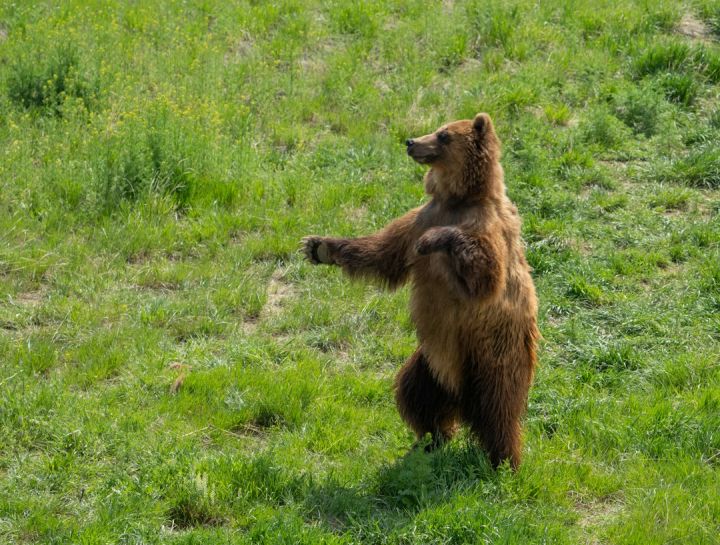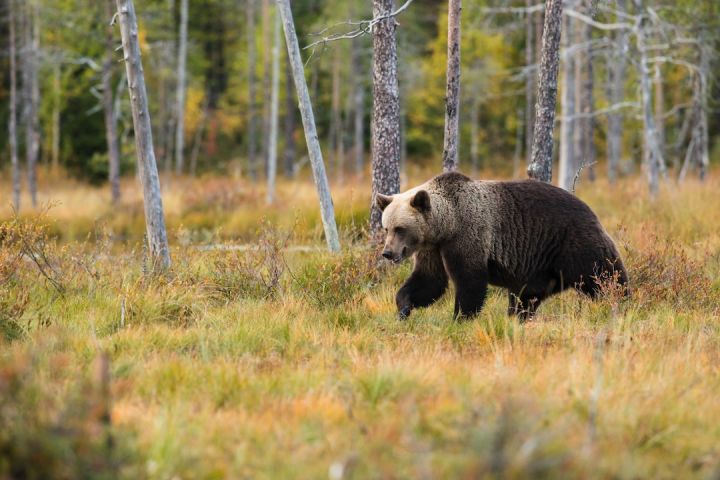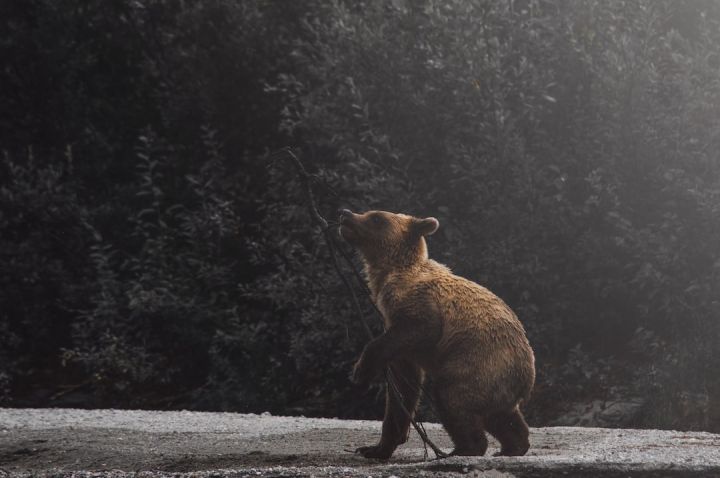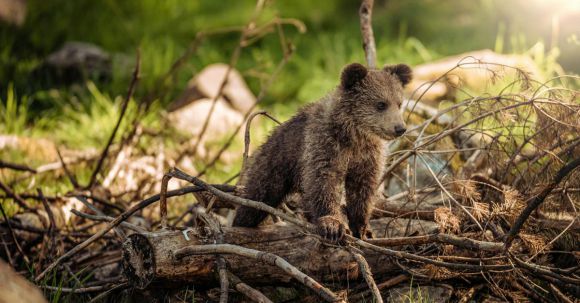How to Avoid Bear Attacks?
When venturing into the great outdoors, encountering wildlife is part of the thrill. However, it is essential to be prepared and educated on how to safely interact with these creatures. Bears, in particular, can be both majestic and dangerous. To ensure a safe and enjoyable experience, here are some crucial tips on how to avoid bear attacks.
Understanding Bear Behavior
Before embarking on any outdoor adventure, it is vital to familiarize yourself with bear behavior. Bears are generally solitary animals, but they can be protective of their territory, especially if they have cubs. Bears have an exceptional sense of smell and can detect food from miles away. Therefore, it is essential to practice proper food storage and disposal when in bear country.
Make Noise
Bears are naturally wary of humans and will often avoid contact if they are aware of your presence. While hiking or walking in bear country, it is crucial to make noise to alert bears of your presence. This can be achieved by talking, clapping, or using bear bells. By making noise, you reduce the chances of surprising a bear and potentially triggering an attack.
Travel in Groups
Another effective way to deter bears is to travel in groups. Bears are less likely to approach larger groups of people. When hiking or camping, try to stick together and avoid straying too far from the group. If you encounter a bear, stay calm and slowly back away, making sure not to turn your back on the animal.
Know the Signs
Being able to identify signs of bear activity can greatly reduce the risk of encountering one. Look out for fresh tracks, scat, claw marks on trees, and overturned rocks. These signs indicate recent bear activity, and it is best to avoid those areas. Additionally, if you come across a carcass, be cautious as it may attract bears searching for food.
Carry Bear Spray
Bear spray is a highly effective deterrent when it comes to bear encounters. It is a specially formulated pepper spray that can temporarily incapacitate a bear, giving you time to escape. When carrying bear spray, make sure it is easily accessible, such as on a belt or in a chest harness. Familiarize yourself with how to use it correctly before your trip.
Proper Food Storage
One of the most crucial aspects of bear safety is proper food storage. Bears are naturally attracted to the scent of food, so it is essential to keep all food and scented items securely stored. Use bear-resistant containers or hang food from a tree at least 10 feet off the ground and 4 feet away from the trunk. Remember to also dispose of garbage properly, as this can also attract bears.
Avoid Surprise Encounters
Surprising a bear can lead to a defensive attack. To avoid this, stay on designated trails and avoid dense vegetation where bears may be difficult to see. If you are hiking in areas with limited visibility, make noise periodically to alert bears of your presence. Be vigilant and always be aware of your surroundings.
Conclusion
Encountering a bear in the wild can be a thrilling experience, but it is essential to prioritize safety. By understanding bear behavior, making noise, traveling in groups, knowing the signs, carrying bear spray, practicing proper food storage, and avoiding surprise encounters, you can significantly reduce the risk of a bear attack. Remember, the goal is to coexist peacefully with these magnificent creatures while enjoying the beauty of the natural world.






